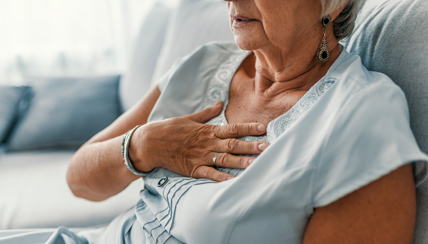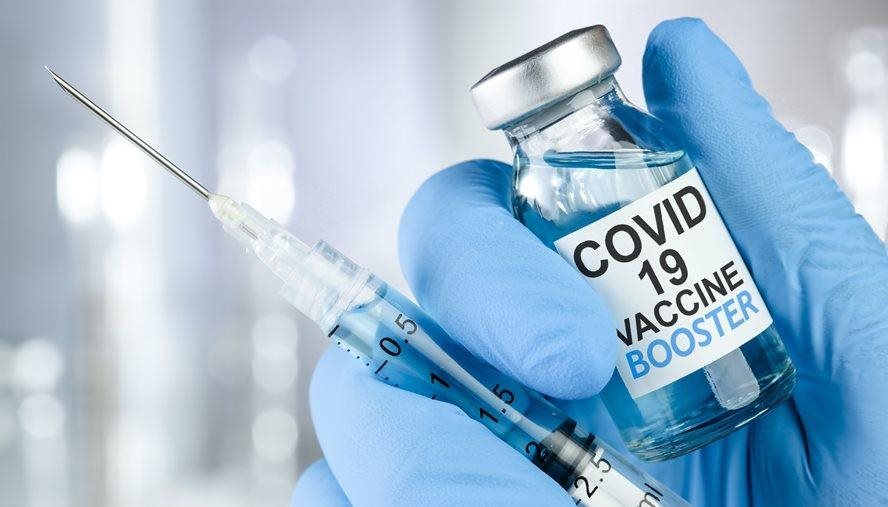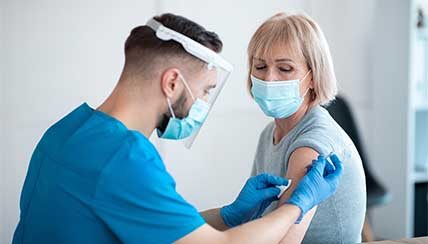COVID-19 (Coronavirus) & Asthma
 The COVID-19 virus can be particularly troubling for those with asthma. It’s important for asthma sufferers to know that they are not at a higher risk for contracting coronavirus. However, people with asthma need to be especially diligent in protecting themselves from the virus through measures such as handwashing and staying away from those who are sick. Symptoms of COVID-19 may be more severe and may lead to poor outcomes for those with asthma. People with asthma need to continue taking their prescribed medications to prevent exacerbations of their asthma.
The COVID-19 virus can be particularly troubling for those with asthma. It’s important for asthma sufferers to know that they are not at a higher risk for contracting coronavirus. However, people with asthma need to be especially diligent in protecting themselves from the virus through measures such as handwashing and staying away from those who are sick. Symptoms of COVID-19 may be more severe and may lead to poor outcomes for those with asthma. People with asthma need to continue taking their prescribed medications to prevent exacerbations of their asthma.
“Now more than ever it is important for people with asthma to take their maintenance inhalers to control inflammation that may be occurring in the lungs,” says Michael E. Wechsler, MD, a pulmonologist and director of The Cohen Family Asthma Institute at National Jewish Health. He advises asthma patients who are taking oral corticosteroids to continue taking them as their physician prescribes. “It’s vital for patients with asthma to reduce airway inflammation and minimize risk of exacerbations as much as possible.”
Dr. Wechsler also says that it is important to recognize different asthma triggers and to know when asthma symptoms are getting worse. This can help patients identify when to call the doctor if they’re getting sick. Asthma patients need to follow their physician-prescribed asthma action plan or ask for a plan if they don’t have one.
Wearing a Mask
Guidelines for wearing a mask continue to evolve. While wearing a mask may not keep asthmatics from getting coronavirus, it is important that all individuals who have not been vaccinated wear masks in public to protect others. This includes people with asthma.
It is especially important to wear a mask if:
- you are coughing or have other new respiratory symptoms
- you have been exposed to someone who may have COVID-19
- you have a household member who is sick
- you are a health care worker
Wearing a mask is safe for individuals with asthma. Masks do not make asthma worse.
Vaccine and Extra Precautions for People with Asthma
One of the most important things you can do to avoid having a bad outcome from COVID is to get vaccinated with any of the available vaccines. "Since people with asthma are particularly vulnerable to bad outcomes with COVID-19 infections, and since vaccines have been shown to prevent bad outcomes, it is particularly important for people with asthma to get vaccinated (and boosted when appropriate), said Dr. Wechsler. This can prevent hospitalization and even death from COVID infection. “People with asthma should not hesitate to get vaccinated."
There are simple precautions Dr. Wechsler strongly suggests taking to avoid contracting coronavirus. “I’m telling my patients to avoid crowds and people who are sick and to eliminate all nonessential contact with people. They should also wash their hands frequently.” Data also suggest that COVID-19 can survive on surfaces, such as plastic and metal for up to 72 hours. Clean surfaces frequently and use caution before and after contact.
“Now is the time for maximum hygiene and minimal personal interaction,” said Dr. Wechsler. “Continue asthma medications, maintain social distancing or stay home, and follow an asthma action plan.”
View COVID-19 Prevention and Health Tips
Nebulizer Use During the COVID-19 Pandemic
Using a nebulizer to treat conditions such as asthma is very valuable. During the coronavirus pandemic, however, its use comes with a variety of issues.
Nebulizers aerosolize droplets from the airways, which are then spread into the air. This allows viruses or other microbes to be transmitted by the nebulizer. “The risk of infection spread by droplets is actually increased during nebulizer treatments because the nebulizer may send droplets further than they would naturally go through breathing,” said Dr. Wechsler.
When a person with asthma uses a nebulizer, no one else should be in the room during the treatment or for a few hours afterward. If others need to be in the room, they should follow CDC guidelines for masking. Although the CDC masking guidelines have eliminated the need for fully vaccinated people to wear a mask in most places, many settings, including health care, still require masks.
Despite these risks, Dr. Wechsler recommends continuing nebulizer use to maximize asthma care, but urges users to clean them before and after each use. Microbes can collect in the nebulizer if the device isn’t cleaned properly.
This information has been reviewed and approved by Michael E. Wechsler, MD (February 2022).
The information on our website is medically reviewed and accurate at the time of publication. Due to the changing nature of the COVID-19 pandemic, information may have since changed. CDC.gov and your state’s health department may offer additional guidance. |


